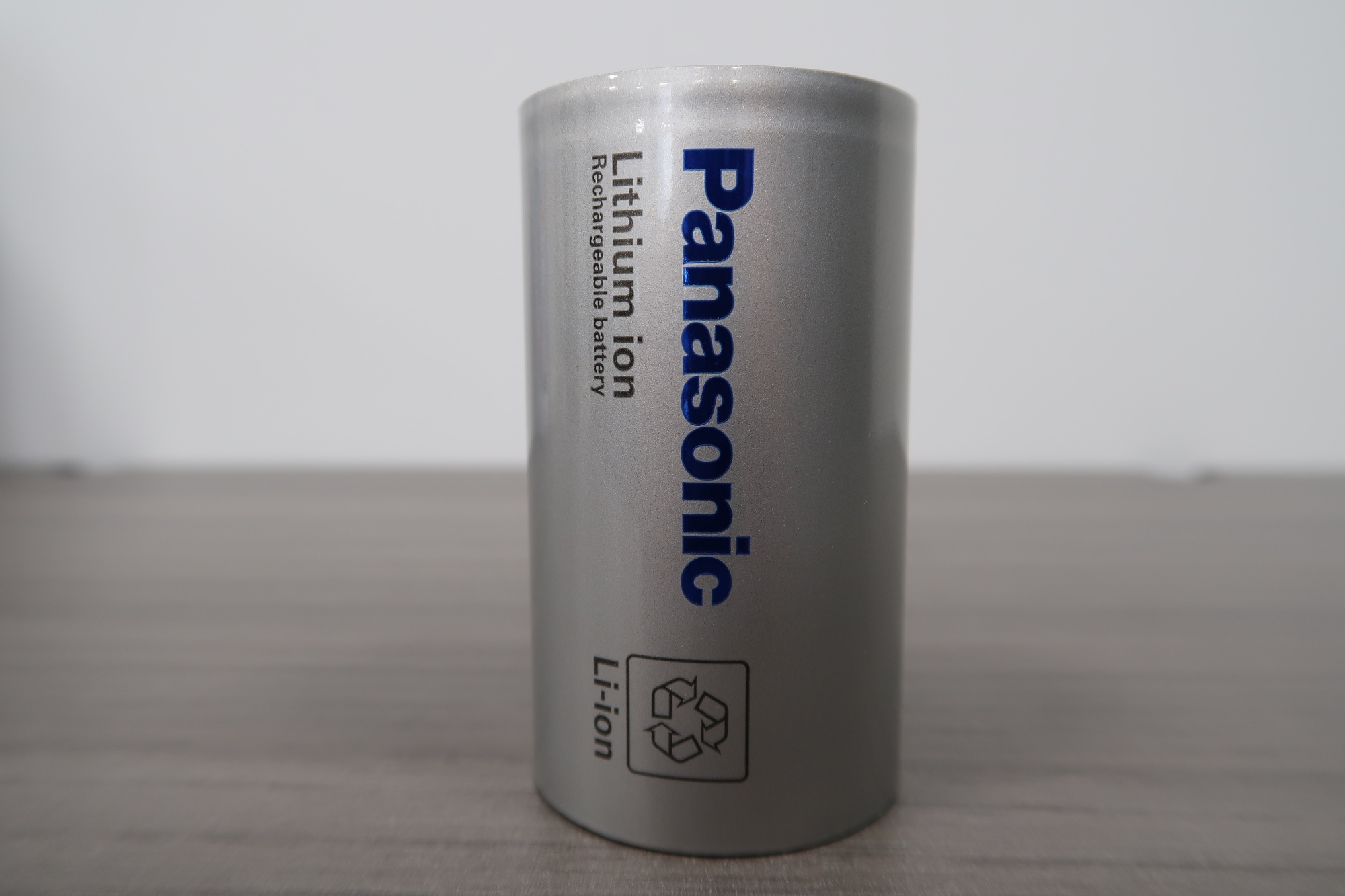Panasonic Ready to Start Making Next-Gen EV Cells at Japan Plant
(Bloomberg) -- Panasonic Holdings Corp. is ready to kick off production of its next-generation electric vehicle batteries after reopening a plant in Wakayama, Japan.
The site in the country’s south, which was formerly used to make battery components, will become the main facility for production of Panasonic’s 4680 cylindrical lithium-ion cell, and output will begin as soon as a final evaluation is completed, the company said Monday without disclosing a specific date.
Panasonic says the 4680 battery is lighter, more efficient and cheaper to make than its predecessor, the 2170. That should help improve the range and charging time of electric vehicles, while driving down costs.

“Storage batteries are a crucial resource for the nation,” Chief Executive Officer Yuki Kusumi said Monday. “We believe these batteries will contribute to the proliferation of EVs.”
While sales growth of electric cars has been slowing globally and there’s been a surge in popularity of gas-electric hybrids, most automakers and companies along the supply chain figure they’d better continue to prepare for the industry’s eventual shift toward pure EVs.
As a result, Panasonic, a major supplier to Tesla Inc. and a handful of major Japanese carmakers, is investing in EV technology by developing advanced batteries and rebuilding its supply chains, namely in North America.
Its battery unit, Panasonic Energy, is investing ¥463 billion ($3.2 billion) with Subaru Co. to build a new battery factory in Gunma prefecture, the companies said last week. The plant will have an output of 16 gigawatt hours by the end of 2030 and the resulting batteries will be installed in Subaru EVs slated to roll out in fiscal 2028.
The Japanese government also last week announced ¥350 billion in fresh subsidies for a number of companies, including Panasonic, to invest in the development of solid-state batteries and other EV technology.
Panasonic also has a partnership with Mazda Motor Corp. to develop cylindrical lithium-ion batteries.
Listen on Zero: How China Left the World Far Behind in the Battery Race
©2024 Bloomberg L.P.





